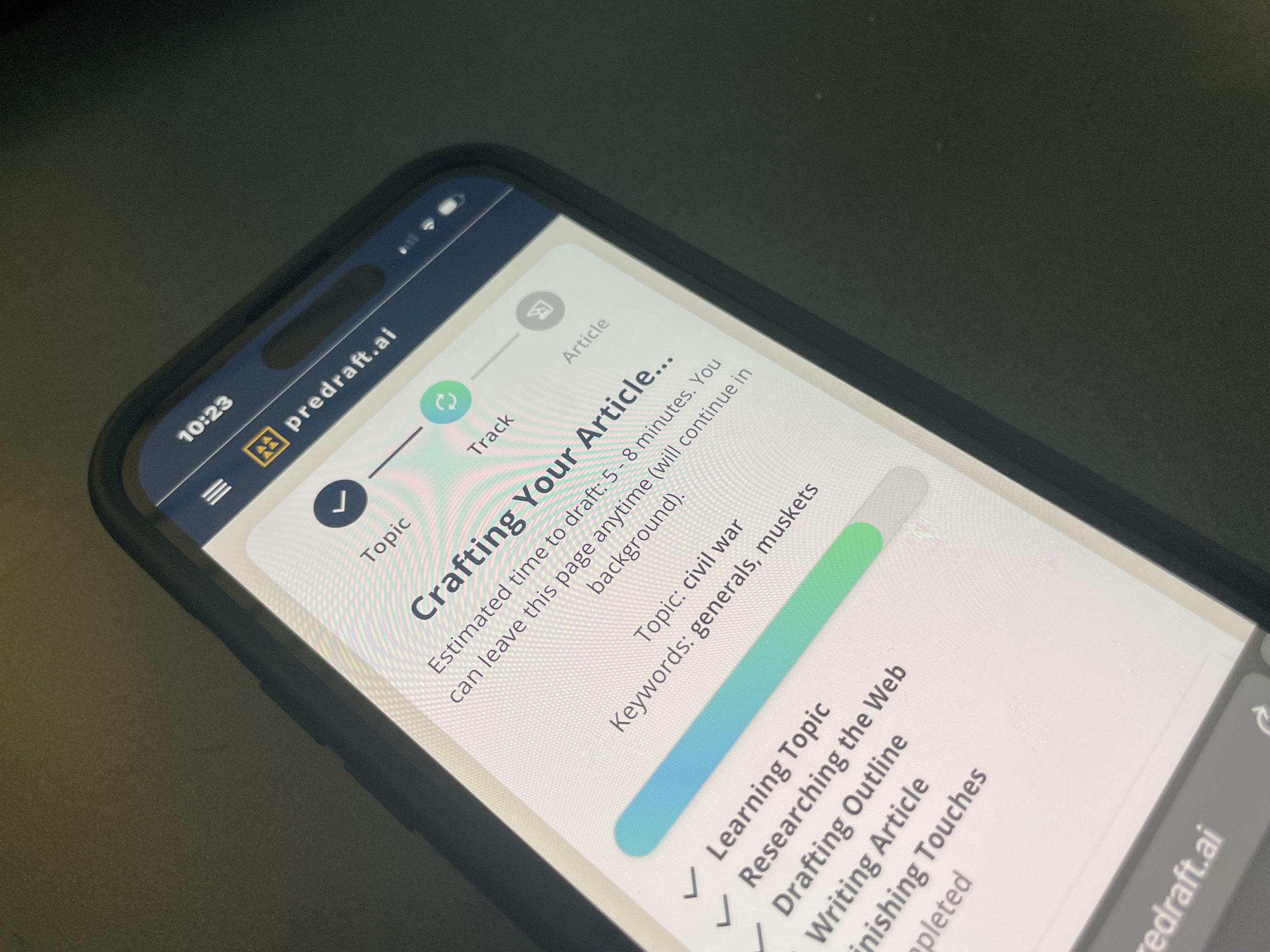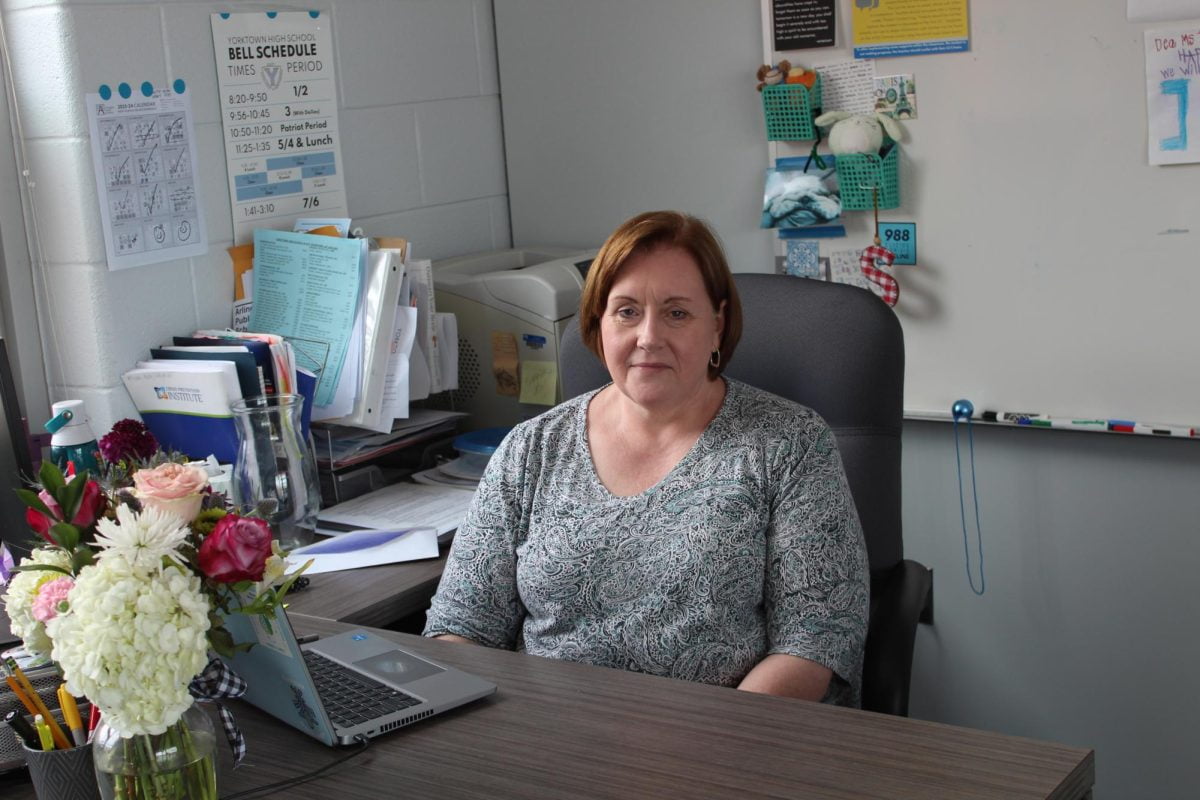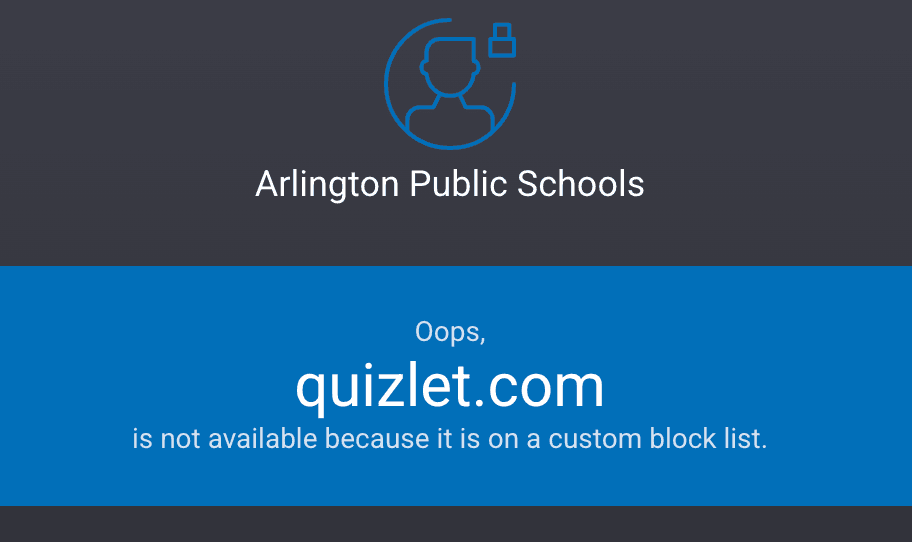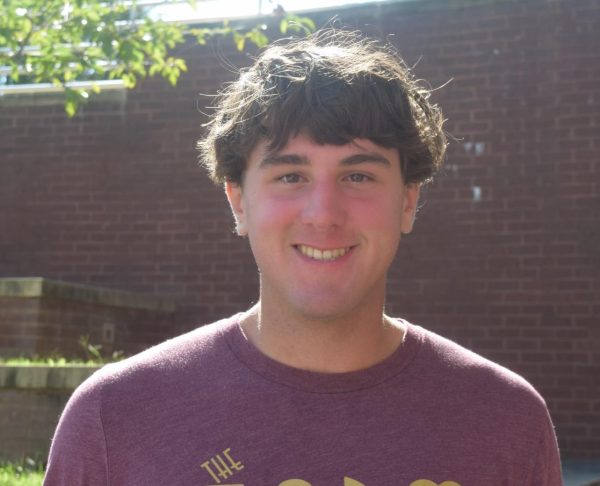Harvard University President Claudine Gay was forced to step down from her position after she was accused of plagiarism in her academic work. She published four documents that were found to possibly contain missing citations and quotations, dating back to her 1997 doctoral dissertation.
Ironically, Artificial Intelligence (AI) found these potential mistakes in her dissertation. Though it can be used to catch plagiarism, AI has been the newest tool students use to plagiarize and evade their own work. ChatGPT, a common generative AI tool, was released in late 2022 by OpenAI and Microsoft. Using this technology, students can generate written information using an algorithm. The topic of AI and plagiarism has recently grown into a large matter of controversy.
With the introduction of AI tools and ChatGPT, there is no longer a fine line between what is considered plagiarism in education. To combat this, our school has implemented amendments to its plagiarism policy for this school year.
“This summer we had a couple teachers work on an AI policy that we rolled out as a whole school,” Yorktown Principal Kevin Clark said.
Yorktown English teacher Kelly Dillon, Secondary English Language Arts Coach Christopher McIntosh and Instructional Technology Coordinator Alicia Cordero worked on this AI and academic integrity policy. They focused on having a consistent policy across all classes.
“[Our goals were to] make sure that we all had a common understanding of what plagiarism, cheating and misuse of AI was. We wanted to have uniform consequences to take the load off of the teachers’ shoulders,” Dillon said.
For a first offense of plagiarism, a student is required to submit a rewrite or retake that is not subject to a penalty or grade deduction. However, the incident is still reported to administration and parents.
Repeat offenses constitute the same punishments as first offenses, with the addition of after-school detention, a restorative conference and a penalty of up to 10 percent on the rewrite or retake. An assistant principal then determines the number of days a student would receive detention.
Proponents of the policy say that it helps show what students can do without the use of AI by requiring them to complete a mandatory rewrite.
When asked whether he thought the new plagiarism policy was effective, Social Studies teacher Ryan Zito described the policy as “shameful.”
“It reflects, in my opinion, very poorly on the decision makers in Arlington County,” Zito said.
The new plagiarism policy was implemented on the first day of school, after many teachers had already printed out syllabi and started distributing them to students. While this was not an optimal rollout, Zito is in favor of a policy with more graduated consequences that hold students accountable.
“I think the plagiarism policy is the lack of a policy. There is no reason not to try [to plagiarize] if you get to redo everything for up to full credit,” Zito said.
He thinks that the school should also have a more adaptive approach.
“To have that in place for every single time a student plagiarizes, I think fails or leads to a failure on the part of the institution to help students get used to what the real world is going to be like,” Zito said.
When updating the policy, our school was constrained to Arlington Public Schools’ (APS) new requirements.
“With APS’ new grading policy, there’s no grade penalties for what they call ‘behavior.’ Students can receive behavior consequences, but not academic consequences for AI plagiarism, or any kind of plagiarism,” Dillon said.
Considering these restrictions, Dillon also thinks there is room for improvement in the policy.
“I don’t think it is as effective as it would be if there were grade consequences for a second offense…. There are very real consequences in the real world for plagiarism,” Dillon said.
Many teachers find the policy too lenient for repeat offenses. However, there can also be more non-direct consequences. For example, students may have to self-report disciplinary infractions, like a repeat offense of plagiarism, when applying to colleges.
While the administration implemented a school-wide policy, it is mainly enforced at the classroom level.
“It’s part of the job of teachers to verify the authenticity of student’s work, and address concerns as it pertains to unauthorized use of AI,” Clark said.
In order to prevent AI plagiarism, some teachers have begun to use AI-detector tools that can determine whether a submission could have been written by AI. These include GPTZero and Turnitin. Teachers will sometimes check essays or writing, which they suspect may have been written by AI, with these tools. While these tools prove to be fairly accurate, they are not perfect.
Many AP Social Studies teachers use a simple method to prevent AI plagiarism.
“For me, my biggest tool is just doing as many things as possible on paper…. I have done almost all of my written stuff—essays, tests—on paper,” Zito said.
College Board tests have historically been exclusively on paper, but they are now becoming digital. Despite this, Zito looks to continue to use paper in his class for many assignments and tests.
While students need to stay within the boundaries of the rules, many people agree that AI is here to stay and can be useful in learning. Some AP History teachers have started to use AI in their classes by generating a DBQ or LEQ essay, which they then have their students edit. This can help students learn new techniques while critiquing an AI-generated essay that a student would not have otherwise written.
“Having opportunities to practice with those tools and find ways that they are most useful should be part of our learning environment here at Yorktown,” Clark said.
Currently, AI tools and ChatGPT are considered plagiarism or cheating unless it is being used as a tool under the direction of a teacher. If teachers consent to it, students are allowed, and at times, even encouraged to use AI in their work. Clark encourages students to use AI as long as they are following the rules, and students confirm with teachers that it is allowed for a particular task in an assignment or course.
“I would say know the rules, follow the rules, but think about how this might be useful to you, and have those conversations with teachers so that you can start practicing with those new tools,” Clark said.








































